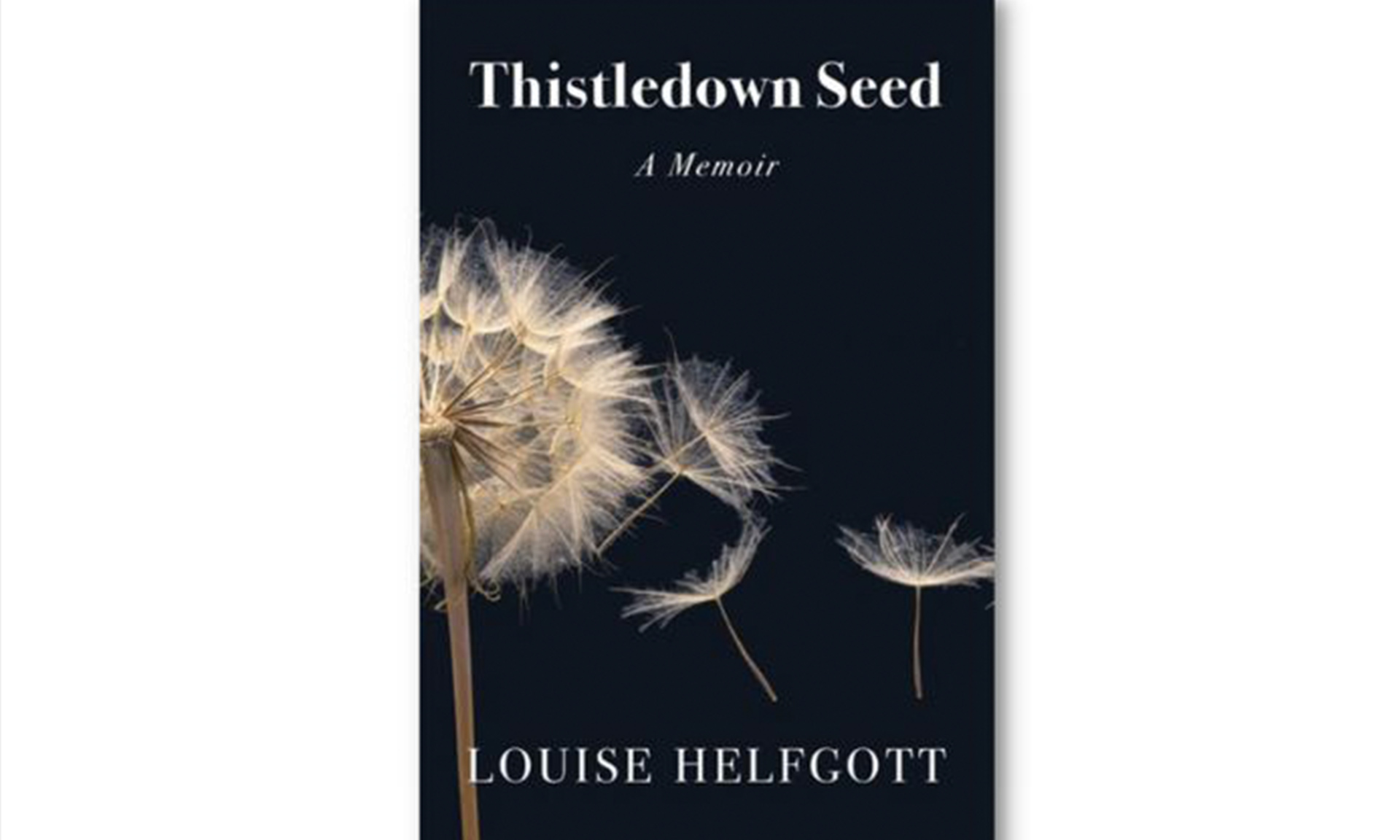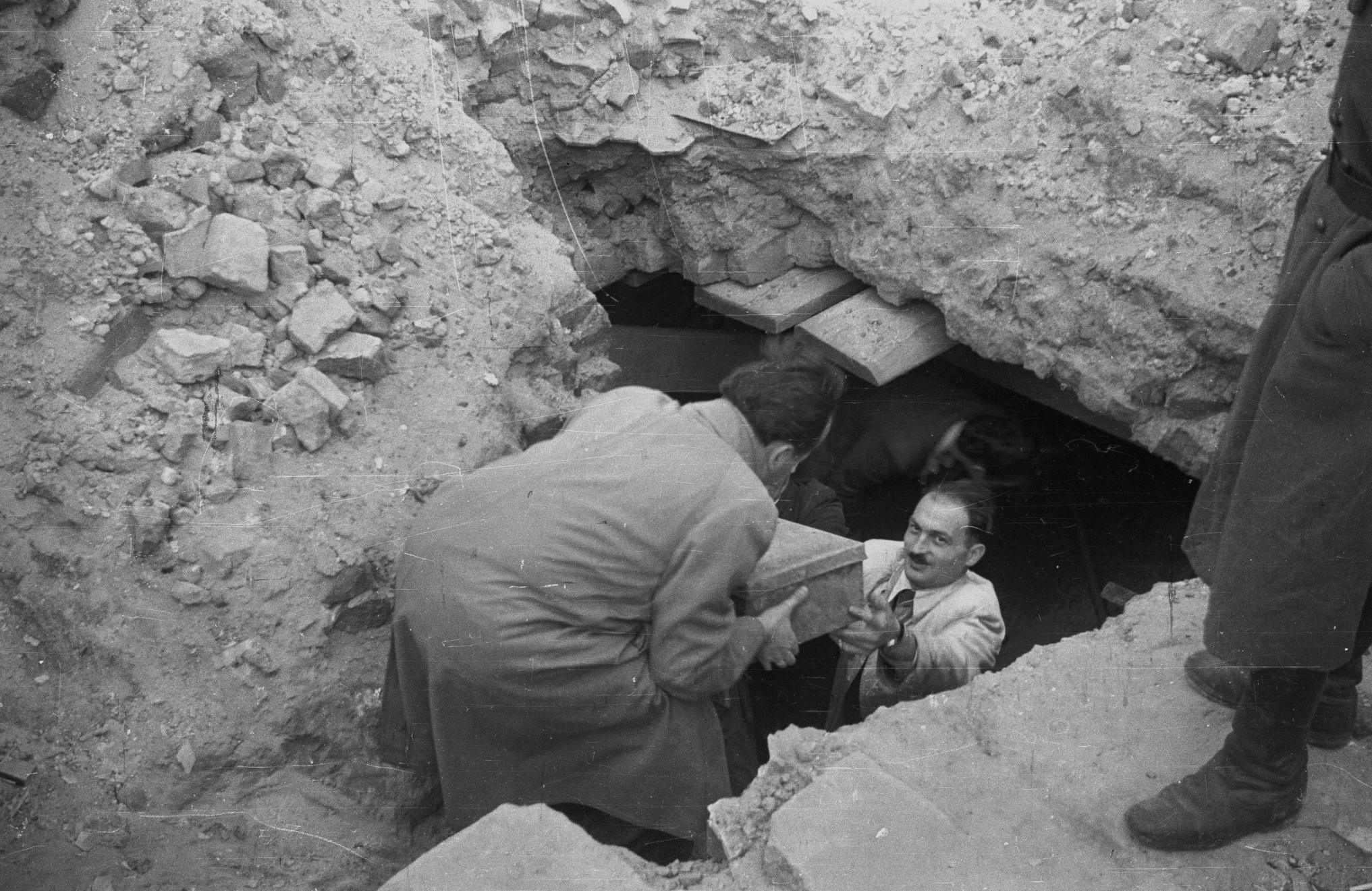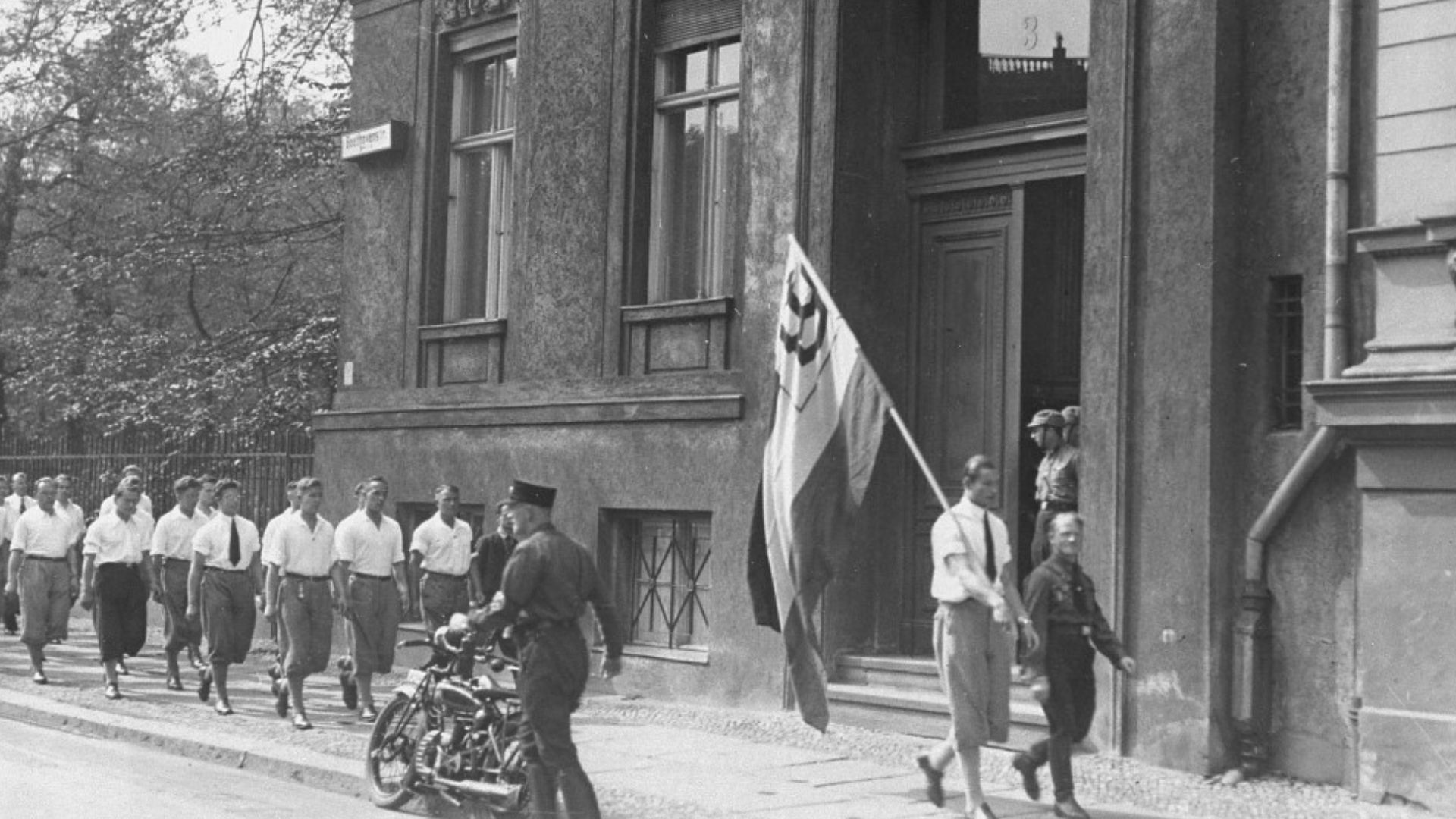It is only by knowing where we have come from that we can ever really know who we are”.
Louise Helfgott’s compelling biography/memoir threads together three narratives, moving back and forth seamlessly between them: between her journey to Poland, her childhood memories, and the fate of her Polish great aunts. Her writing is often poetic, sharing her intense responses to what she discovers about her family’s Holocaust experiences and how she “feels irrevocably changed – stamped with the stain of a historic blood-bath that can never be washed away.”
While in Poland, Helfgott experiences a sense of “being at home” and wonders “Can the memories of distant relatives be trapped in the cells of one’s body, creating shared remembrance of places that one has not been before?”
This may be a response that resonates with her readers, many of whom will be the family of Holocaust survivors within our community. Her visits to the places of her parents’ pasts and her acquisition of historic documents regarding them and their extended families enable her to understand more about her parents’ early lives and the fate of their families during the Holocaust.
Helfgott also writes intimately about her past, her lonely childhood, about her constant sense of alienation at home, at school, and in social situations, her only refuge being her writing. She endures a tense relationship with her father, whose life she describes as a “battlefield…always at odds with the forces that tried to shape and mould him.” Adding to their conflicts are those between her father and her brother, David, the celebrated concert pianist.
The third narrative, italicised to acknowledge that it is fictionalised, imagines the deportation to Treblinka of Helfgott’s two great aunts, children at the time, deported and facing their impending deaths in the gas chamber.
The survivor guilt carried by her parents, both of whom escaped from Europe before the outbreak of the war, is a palpable shadow that haunts them and their home. Through the melding of the three narratives, Helfgott powerfully portrays the intergenerational impact of the Holocaust with sensitivity.
To enquire further about this Thistledown Seed, please reach out to library@mhm.org.au.



